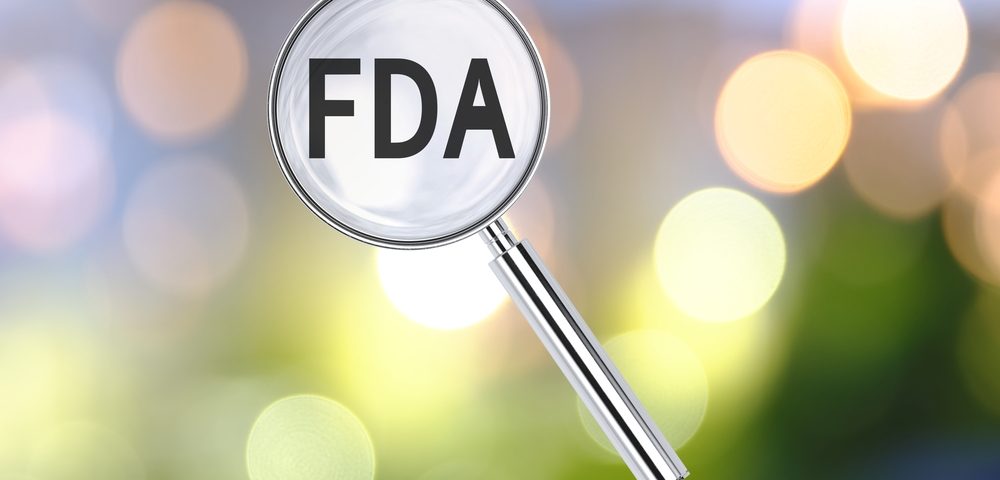The U.S. Food and Drug Administration (FDA) will prioritize the regulatory review of Novartis’ application to use Kymriah (tisagenlecleucel) for the treatment of adults with relapsed or refractory diffuse large B-cell lymphoma (DLBCL).
Novartis hopes this CAR T-cell therapy, previously called CTL019, will be approved for patients who have relapsed after a stem cell transplant or are not eligible for one.
Kymriah became the first commercially available CAR T-cell therapy when it was approved in the U.S. in August 2017 for the treatment of relapsed or treatment-resistant B-cell acute lymphoblastic leukemia (ALL) in children and adolescents.
Meanwhile, regulators at the European Medicines Agency (EMA) have granted Kymriah accelerated review for both treatment targets.
“The first approval of a CAR-T therapy truly redefined the future of the cancer treatment landscape, and we are only at the beginning of this new era in cancer care,” Samit Hirawat, MD, head of Novartis’ Oncology Global Drug Development, said in a press release.
“The Priority Review designation and accelerated assessment signal that the FDA and EMA have recognized the potential of Kymriah to provide a much-needed therapeutic option for these patients with relapsed or refractory B-cell ALL and DLBCL,” Hirawat added.
Kymriah, like other CAR T-cell treatments, uses a patient’s own immune T-cells. These are gathered and genetically manipulated to selectively attack cancer cells. The cells are grown in the lab to sufficient numbers and then injected back into the patient.
This therapy is the result of a collaboration between Novartis and scientists at the University of Pennsylvania.
The current application for FDA approval is based on data from the Phase 2 JULIET clinical trial (NCT02445248) of adult patients with relapsed or refractory diffuse large B-cell lymphoma. Kymriah eradicated cancer in 37 percent of this difficult-to-treat patient group.
In addition to data from JULIET, the EMA application also contains data from the Phase 2 ELIANA trial (NCT02435849) in young people with ALL. In that study, 83 percent of patients saw their cancer wiped out.
“We are now focused on working with these regulatory agencies to bring this potentially transformative therapy to more patients,” Hirawat said.
Novartis also plans to submit additional applications for Kymriah to be used in the two patient groups to regulatory authorities outside the U.S. and the EU.


